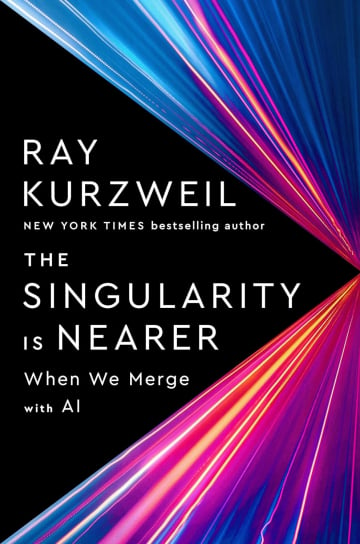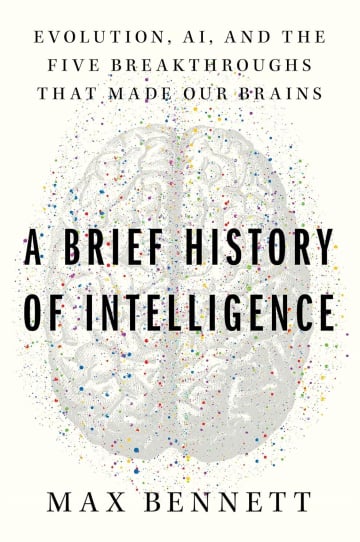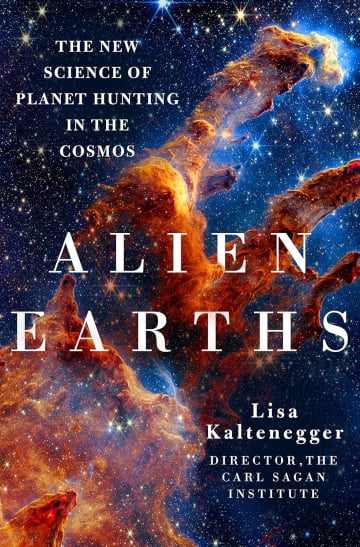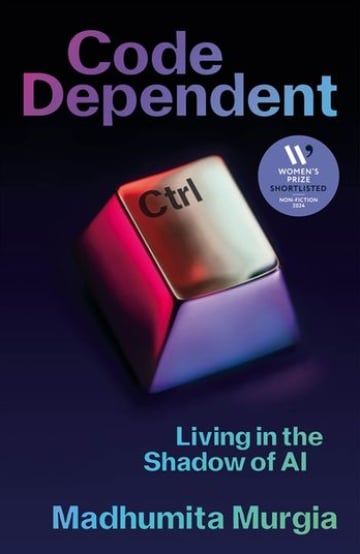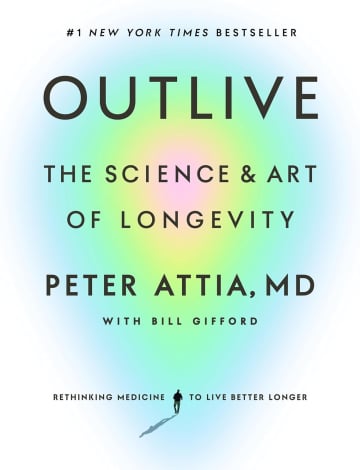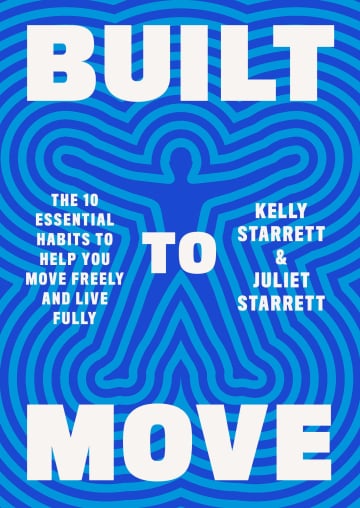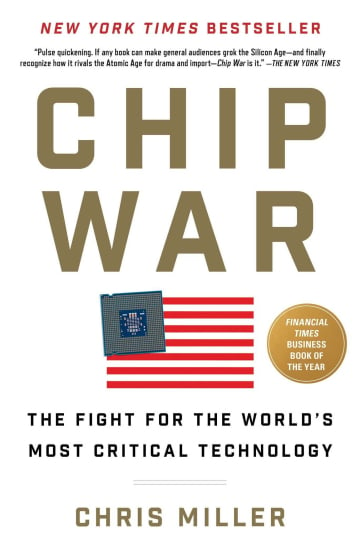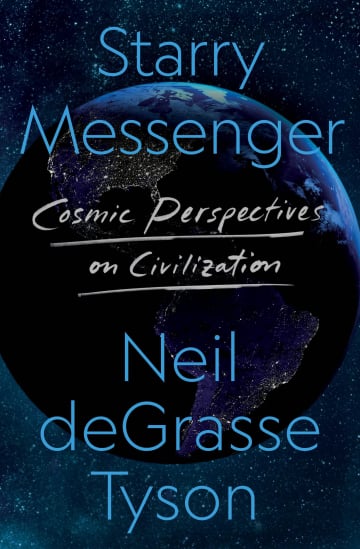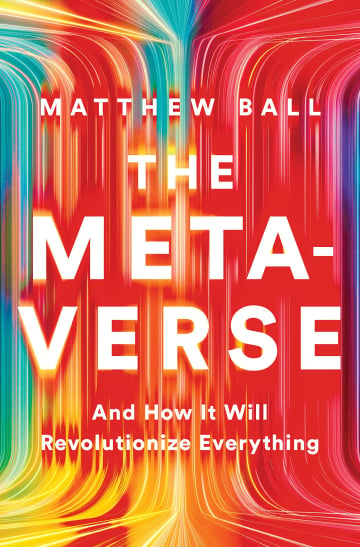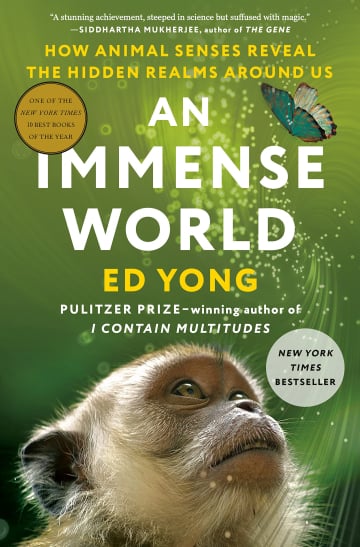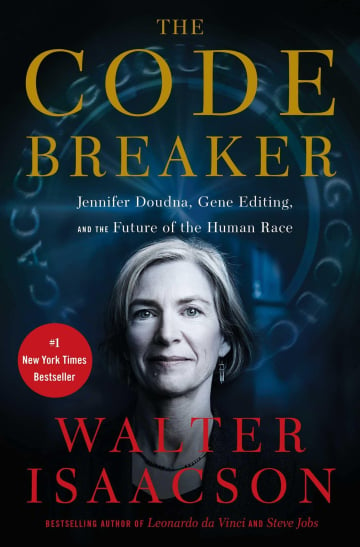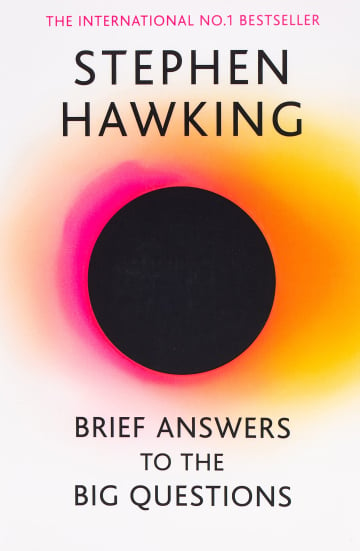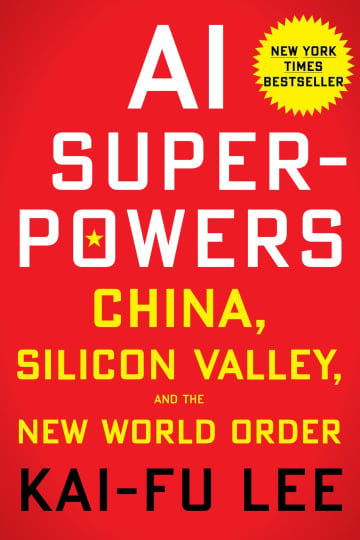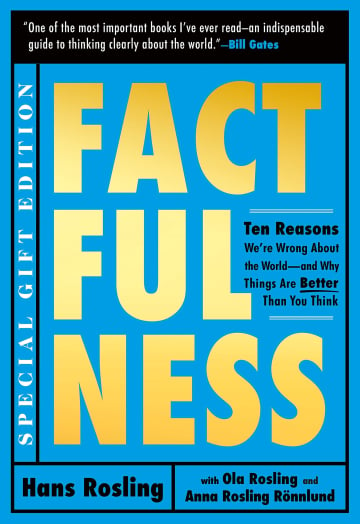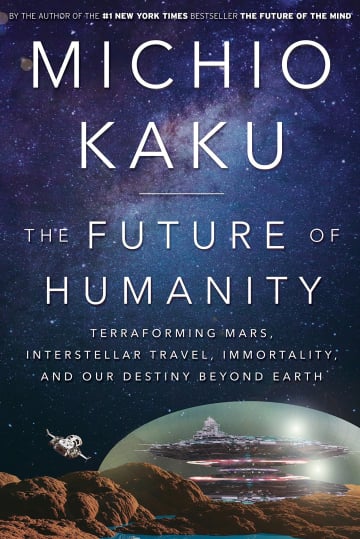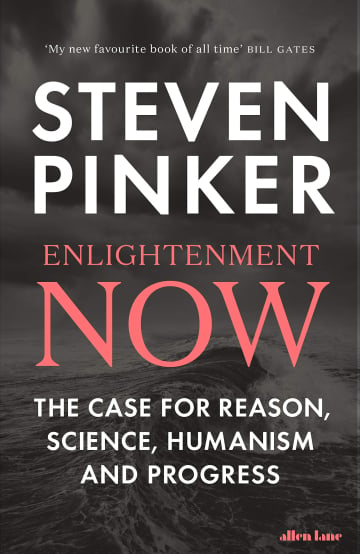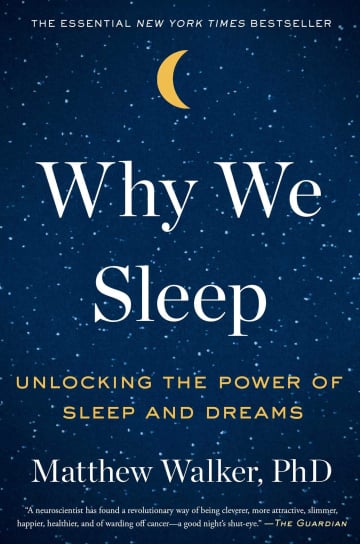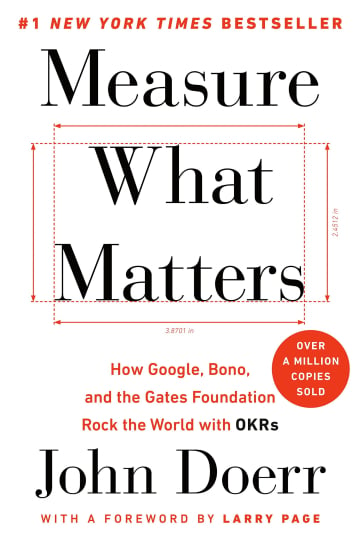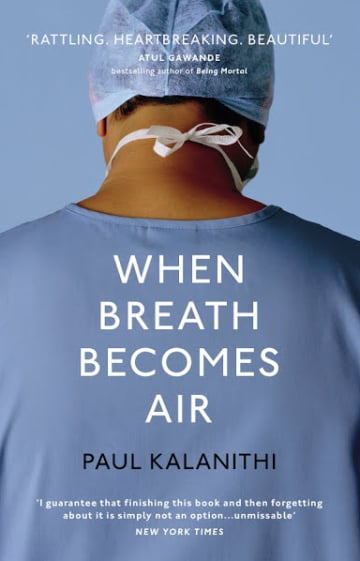
When Breath Becomes Air
⚡️ 11 Quotes from the book
“You could not help but feel your specklike existence against the immensity of the mountain, the earth, the universe, and yet still feel your own two feet on the talus, reaffirming your presence amid the grandeur.”
“When there’s no place for the scalpel, words are the surgeon’s only tool.”
“The pain of failure had led me to understand that technical excellence was a moral requirement. Good intentions were not enough, not when so much depended on my skills, when the difference between tragedy and triumph was defined by one or two millimeters.”
“Most lives are lived with passivity toward death—it’s something that happens to you and those around you. But Jeff and I had trained for years to actively engage with death, to grapple with it, like Jacob with the angel, and, in so doing, to confront the meaning of a life.”
“I began to realize that coming in such close contact with my own mortality had changed both nothing and everything. Before my cancer was diagnosed, I knew that someday I would die, but I didn’t know when. After the diagnosis, I knew that someday I would die, but I didn’t know when. But now I knew it acutely.”
“Death may be a one-time event, but living with terminal illness is a process.”
“The future, instead of the ladder toward the goals of life, flattens out into a perpetual present. Money, status, all the vanities the preacher of Ecclesiastes described hold so little interest: a chasing after wind, indeed.”
“Science may provide the most useful way to organize empirical, reproducible data, but its power to do so is predicated on its inability to grasp the most central aspects of human life: hope, fear, love, hate, beauty, envy, honor, weakness, striving, suffering, virtue.”
“Human knowledge is never contained in one person. It grows from the relationships we create between each other and the world, and still it is never complete.”
“This book carries the urgency of racing against time, of having important things to say. Paul confronted death—examined it, wrestled with it, accepted it—as a physician and a patient. He wanted to help people understand death and face their mortality.”
“Writing this book was a chance for this courageous seer to be a sayer, to teach us to face death with integrity.”
Related videos
4 Minute Summary
Sometimes you don’t go out and find a book; the book finds you. Facing an impending loss without a foundation of faith to fall back on, I find myself asking, “What is the meaning of life if we’re all just going to die?”
Paul Kalanithi answers that question in the most meaningful way possible in his outstanding book. A 36-year- old neurosurgeon, Paul wrestled between medicine and literature as an eventual career. Medicine won out and he was just on the cusp of a stellar trajectory when he was diagnosed with metastatic lung cancer.
Paul nurtured a passionate belief in the moral dimensions of his job. He also strongly believed that the relational aspect between people undergirded meaning and that life’s meaning has everything to do with the depth of the relationships we form in our journey. He says this, “The secret is to know that the deck is stacked, that you will lose, that your hands or judgment will slip, and yet still struggle to win …You can’t ever reach perfection, but you can believe in an asymptote toward which are ceaselessly striving.
Just as his surgeon’s scalpel eased disease of the brain and saved lives, his words give reasons for living. The grace with which he navigates his journey – from a top-rated surgical resident to writer to his most important role of all, husband and father of a young daughter – his book is ample testimony to how one life well-lived can continue to create such a great impact.
In the foreword by fellow doctor and writer Abraham Verghese, that doctor writes, “He (Paul) wasn’t writing about anything—he was writing about time and what it meant to him now, in the context of his illness.” And in the afterword by his wife Lucy, the meaning of that time becomes even clearer. I felt the sense of having lost a personal friend.
Let me make this clear if I haven’t already: this is NOT a self-pitying, manipulative memoir and it is not the reason I’m 5-starring it. It’s a beautifully written, insightful, page-turning book on how we connect as humans and why life – no matter how truncated – is worth living. I will be recommending this strongly to just about everyone in my life.
Follow the author
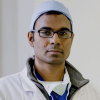
Paul Kalanithi was a neurosurgeon and writer from Kingman, Arizona. He earned a BA and MA in English literature and a BA in human biology from Stanford University. Initially considering a Ph.D. in English, he later attended Yale School of Medicine, graduating in 2007 and winning the Dr. Louis H. Nahum Prize for his research on Tourette’s syndrome. Kalanithi was also inducted into the Alpha Omega Alpha medical honor society.
Publications
Gates Notes: This book left me in tears
The Guardian: A dying surgeon contemplates his mortality and his vocation in this moving, astute farewell
The New York Times: Review: In ‘When Breath Becomes Air,’ Dr. Paul Kalanithi Confronts an Early Death
The Washington Post: ‘When Breath Becomes Air’: Young doctor’s last words of wisdom, hope
The Guardian: When Breath Becomes Air by Paul Kalanithi review – how to live, by a doctor who died aged 37
Medium: Book Review: When Breath Becomes Air by Dr. Paul Kalanithi
Ask Albert:
Rate the book
⚡️ Discover Even More Bookish Wisdom
recommends
recommends
recommends
recommends
